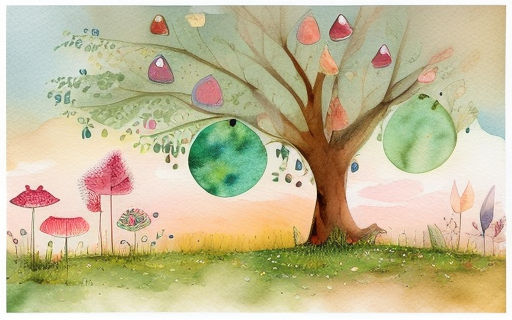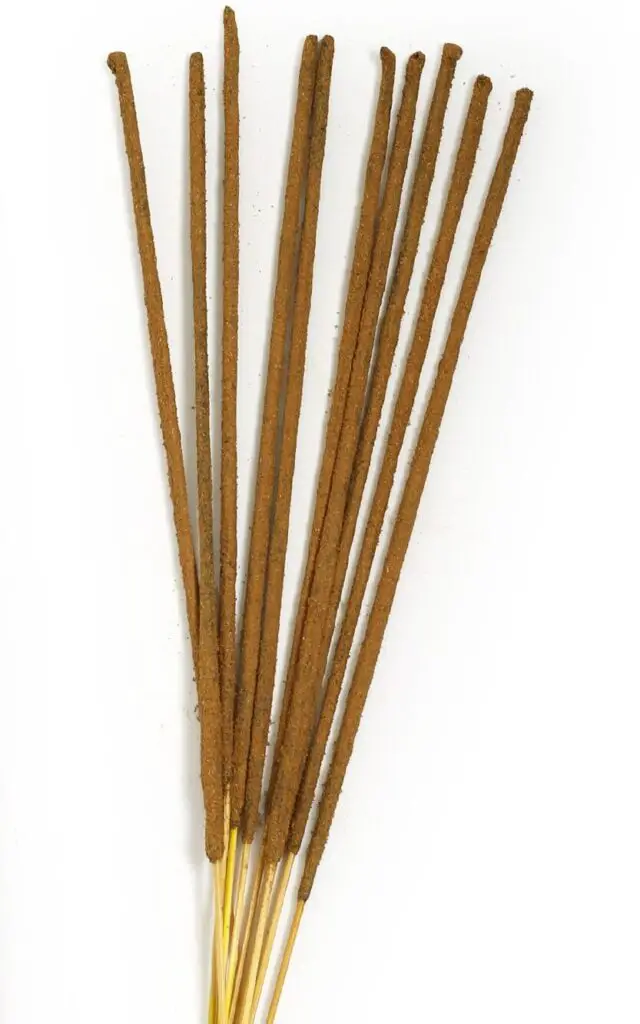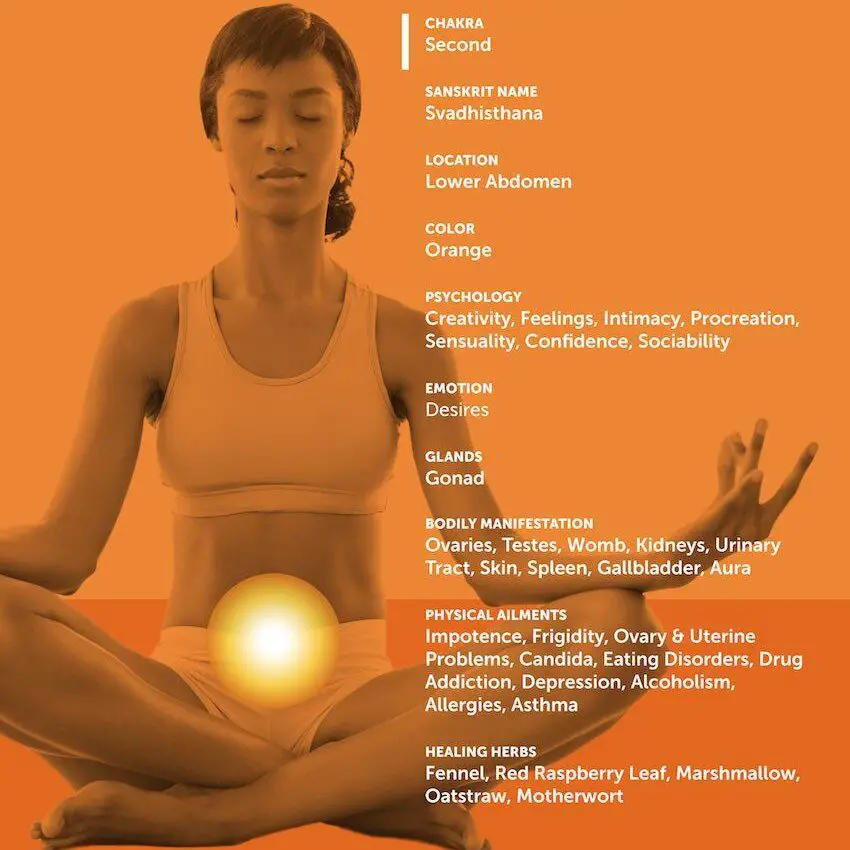Herbs For the Root Chakra
Herbs for the root chakra have many uses, including the ability to increase energy and vitality. They are loaded with vitamins and minerals, including Vitamin C, which nourishes the root chakra. Another herb for the root chakra is Tulsi (also known as Holy Basil). Tulsi promotes a feeling of wellness throughout the entire body and invites awareness to the chakra centers. It also has spiritual properties, including the ability to unite the heart and mind.
When you buy through links on our site, we may earn an affiliate commission. As an Amazon Associate I earn from qualifying purchases..

Purple herbs
Herbs with a red/pink coloration can help activate the root chakra. This chakra governs our basic needs and is associated with the earth element. When it is out of balance, we can experience instability, financial problems, digestive problems, and weight gain. Root-based herbs like dandelion can help ground us and reconnect us with our earth element.
Sage is a traditional herb used to cleanse energetic space. It can also be used in tea to clear the body and mind. Violets are another herb that is great for clearing the body and mind before meditation. However, you should remember that some herbs may not be good for you if you’re pregnant or taking medications.
Another herb that benefits the root chakra is gotu kola. It is an important herb in Ayurveda, and is used to nourish the brain and help with memory problems. It can be taken in the form of a tea, tincture, or eaten as a salad. It also contains powerful relaxation properties and is an excellent herb for meditation. Lemon balm is also a good herb for calming the nervous system and helping individuals find a sense of peace.
Ashwagandha
As a root chakra herb, Ashwagandha can be helpful for people suffering from high stress levels. It works by restoring fundamental energies within the body and rejuvenating it from the inside out. Ayurvedic practitioners have used it for thousands of years to treat various health conditions and improve concentration and energy levels. It is also said to support the Kundalini energy and balance the body’s energetic systems.
Ashwagandha is a potent adaptogen and a great herb for relieving stress, insomnia, and anxiety. It can be used in tea or powder form and can be mixed with water, honey, or ghee for a soothing experience. It is best taken in the morning and is great for grounding. Its smell is both earthy and sweet.
Ashwagandha may also help promote restful sleep. People who have trouble sleeping have reported improving sleep. A study on 50 adults aged 65 and over found that taking 600 mg of ashwagandha root daily for 12 weeks significantly improved their sleep quality and mental alertness upon waking. In addition, ashwagandha reduced anxiety levels and helped people wake up feeling more alert. It also showed benefits in people with schizophrenia.
Calendula
Calendula is one of the herbs of the root chakra, and is used for a wide variety of conditions. It is useful for acute inflammation, including fever and swollen lymph nodes. It can also help with lingering symptoms of infection.
Calendula is especially helpful for those with leaky gut because it has anti-fungal properties. It is also a useful remedy for systemic candidiasis, a condition that typically occurs in conjunction with Leaky Gut Syndrome. Its global action set helps address this concern on multiple levels, including the reproductive system.
Calendula is also helpful for wound healing. Its anti-inflammatory properties help heal wounds, and it encourages lymphatic fluid flow to keep infection-causing bacteria from spreading. It is an excellent choice for wounds that are inflamed, swollen, or filled with pus. It is also a great herb for topical applications like sunburns.
Calendula has warming and stimulating properties. Its high moisture content and high level of mucilage give it a tonic effect on the immune system. It also soothes mucosal membranes.
Damiana
Damiana is an excellent herb to use for a variety of ailments. This root chakra herb helps regulate nervous system activity and resolves emotional issues. It is especially helpful in situations where a person is experiencing chronic loneliness and lack of love. It also helps improve circulation and opens the heart and throat chakras.
Damiana is an herb that can be consumed as a tea or burned as a tincture. It can also be added to foods or eaten in the form of seeds or nuts. It is also useful for healing the stomach and intestines. Some sources say that it has a calming effect and eases depression.
Damiana is also a powerful aphrodisiac, so it’s often combined with other herbs that are effective for enhancing libido and sex drive. The herb also helps the central nervous system. Herbalist Rosemary Gladstar suggests that it can help increase libido, boost energy, and heal low sex drive.
Damiana is an aphrodisiac
Damiana is a plant that can be used as an aphrodisiac and sexual tonic. It also has a reputation for calming and balancing the root chakra. Its scent is sweet and floral with earthy undertones. It is associated with libido, creativity, and sensuality. It is also known to boost stamina and soothe headaches.
Damiana is one of the most common aphrodisiacs available. It works by increasing circulation to the pelvic region. It is especially delicious when mixed with other aphrodisiac herbs and chocolate or wine. Damiana is also a great digestive stimulant and can help restore the energy in the sacral chakra. Despite its popularity, it is not recommended to use Damiana if you are pregnant, diabetic, or two weeks before surgery. It can also trigger hallucinations and is best avoided if you have mental health problems.
Damiana is an herbal aphrodisiac with a long history of use. Traditionally, it was used as a natural appetite suppressant and as a sexual stimulant. Although limited research exists, animal studies have indicated that it can increase sexual function in humans. However, it is best to consult a healthcare professional before taking it.
Damiana boosts serotonin
The herb Damiana contains a compound called thymol, which is responsible for its stimulating and life-enhancing effects on the body. This is one reason why many herbalists prescribe it for nervous exhaustion, depression, and anxiety. Its stimulating properties also help people with poor digestive health, and it increases the absorption of nutrients.
Damiana has also been used for aphrodisiac purposes. Some people have reported that this herb helps them relax and sleep better. It may also reduce anxiety. Many users also report an increase in energy. However, it is important to note that you should never take herbal supplements orally without consulting a health professional.
Damiana has an ancient erotic reputation, and the Mayans and Aztecs believed it to be an aphrodisiac. It was also used as a remedy for depression, menstrual irregularities, and digestive problems. Today, some people use the herb as a smoking herb to enhance their serotonin levels. The plant’s aerial parts contain the active compounds. It also contains flavanoids, which can help the body fight off infections.













